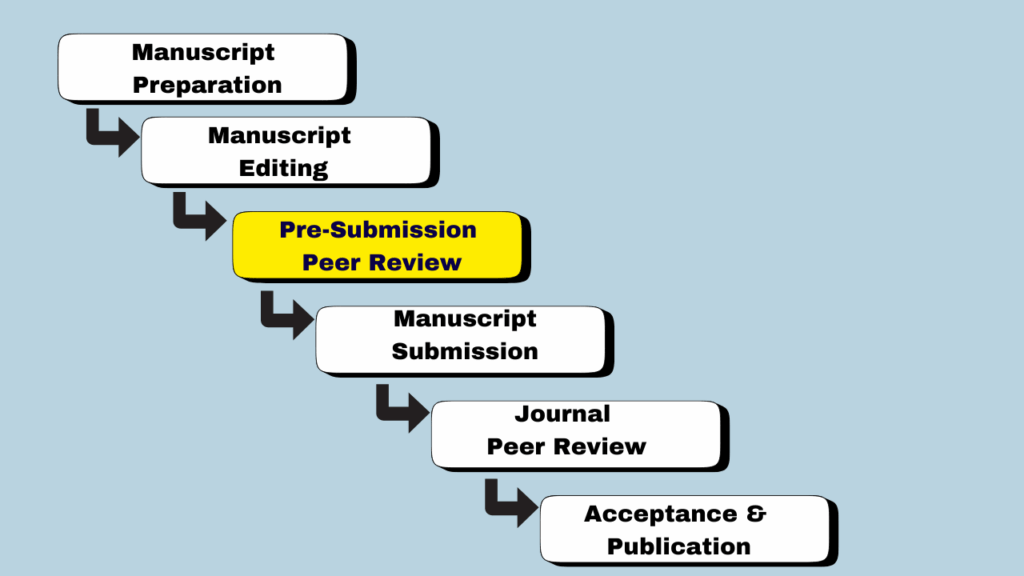How to handle tricky peer reviewer comments [Free downloadable handbook]
![How to handle tricky peer reviewer comments [Free downloadable handbook]](https://www.editage.com/insights/wp-content/uploads/2025/02/editage-insights-generic-banner_298.webp)
Peer review is one of the most crucial steps in your research publication journey. It not only provides you feedback on the scientific value, novelty, and relevance of your research but also elevates the quality of your manuscript.
However, when you’ve spent months or years working hard on your research, it’s hard to take in any criticism, even though it may be constructive feedback. Moreover, reviewer comments are sometimes rather challenging to address. In fact, about 70% of the respondents in Editage’s Global Author Survey 2018 reported finding it moderately to extremely difficult to respond to peer reviewer comments.
How you address your peer review comments may influence the editors’ decision of whether to accept or reject your manuscript. Thus, it’s important to address peer review comments effectively and carefully.
This handbook is your go-to guide if you want to learn how to respond to peer review comments in the best possible way, while putting across your opinions and thoughts respectfully. It has been curated by experts at Editage who have on average 10+ years’ experience.
The handbook provides practical tips on how to respond to reviewer comments. These include tips on how to plan for this task, maintain the right outlook, structure your responses, and frame the resubmission letter. It also provides guidance on dealing with requests for major changes and handling difficult situations such as receiving vague, conflicting, or harsh comments or simply comments you may disagree with.
Mini handbook How to handle tricky peer reviewer comments_ROW.pdf





